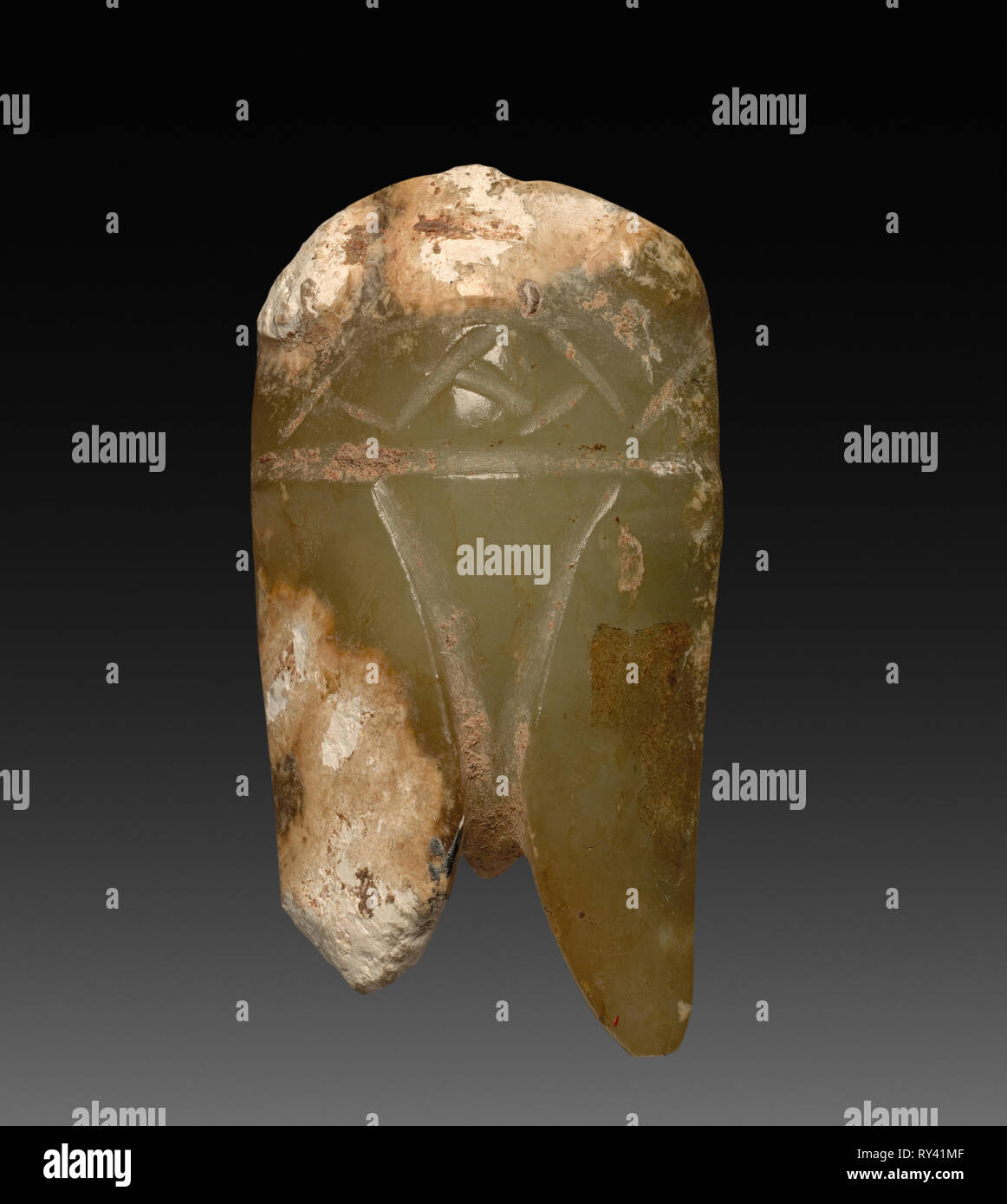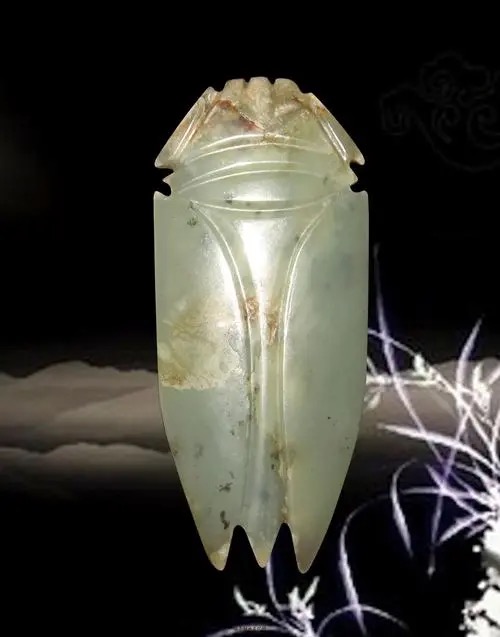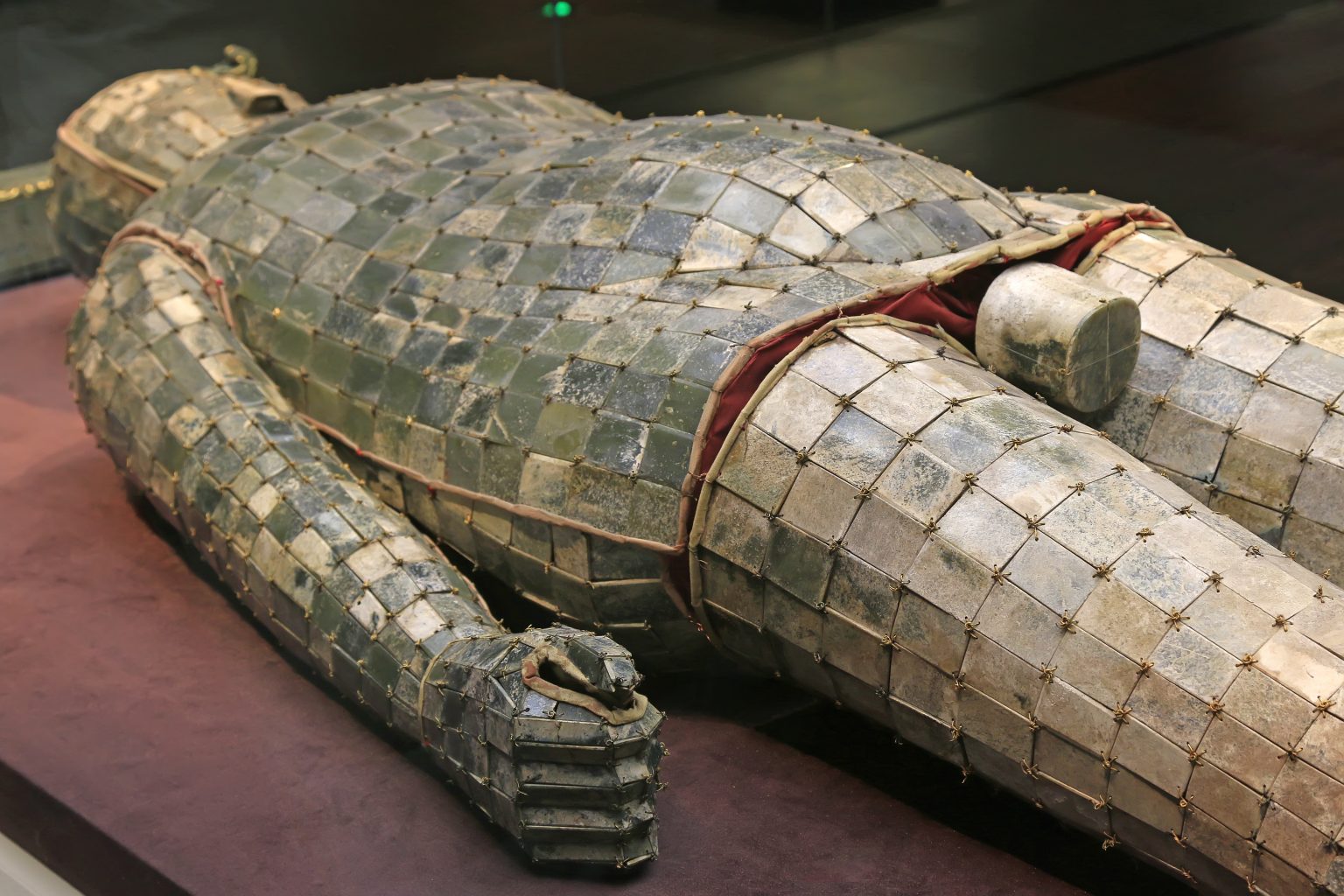Reference




Moonshot's Answer
During the Zhou dynasty, placing jade or cicadas in the mouths of the dead was a significant funeral practice symbolizing the soul's rebirth and immortality. Jade was believed to possess mystical qualities that could protect the deceased and ensure their safe passage to the afterlife. Cicadas, known for their transformation from larvae to winged insects, represented the idea of rebirth and spiritual transcendence. This custom was part of a broader set of beliefs about the afterlife and the power of jade in ancient Chinese culture. Images of jade cicadas from the Zhou dynasty can be found in various collections, such as the one from the 11th-10th century BC shown in the image below.

Follow Up
Related
How does the process of shijie compare to a cicada's molting?
How does the cicada metaphor relate to the concept of corpse deliverance?
How does the shijie process reflect early medieval Chinese beliefs on immortality?
What were the separate match results for Social Constitución during the semifinals and finals?